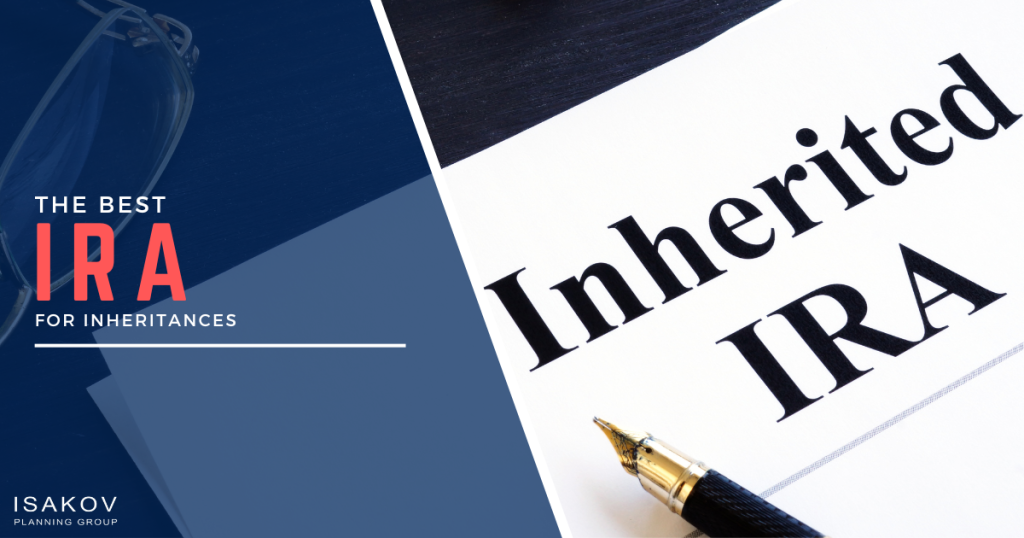The Roth Advantage if You Retire but Die Before Age 72

Under normal circumstances, if you have a conventional IRA or 401(k), you must begin to take distributions from your retirement plan upon celebrating your 72nd birthday (or your 73rd birthday if you reached 72 after December 31, 2022). If you had a conventional IRA, your distributions would be taxed. However, what happens if your spouse or another person inherits your IRA? Do the rules change? The situation becomes a bit more complicated.
Roth IRAs do not require withdrawals until after the death of the owner; however, beneficiaries of a Roth IRA are subject to the RMD rules.
If a surviving spouse or other person is the beneficiary of the retirement account, that beneficiary receives the full value of the account at that time without tax. If the person inherits a conventional retirement account, minimum annual distributions are required, and these will be taxed unless it is in a Roth retirement IRA or 401(k). Those minimum annual distributions for the surviving spouse would only begin when the deceased original owner of the account would have turned 73 years old.
The IRS requires that non-Roth retirement accounts inherited by someone who is not the spouse be completely distributed by the 10th anniversary of your death. Minimal annual distributions are not required for Roth accounts.
Besides a surviving spouse, other beneficiaries are exempted from the 10-year rule, for instance:
- A disabled or chronically ill person
- A young child
- A person who is not more than 10 years younger than the IRA account owner
If that person inheriting the IRA or 401(k) is your spouse, there is no deadline for the distribution of all assets of the account. And again, in conventional (that is, non-Roth) accounts, all those distributions are taxable.
On the other hand, if you had had a Roth IRA, you would not have had to take any distributions based on your age (unless you die, then required minimal distributions must be taken by your heirs). None of those distributions would be subject to tax, because you paid the taxes when depositing money into the Roth account. In essence, Roth retirement options provide a tax-free inheritance to your loved ones (assuming you haven’t withdrawn money from the account for at least 5 years).
In summary, anyone who inherits a non-Roth IRA or 401(k) will also inherit tax liability, and depending on the size of the account, that tax, upon taking distributions, can be substantial. The requirement of nonspouse beneficiaries to withdraw all of the assets of a conventional IRA or 401(k) within 10 years can create large taxable assets.
Talk to the experts at Isakov Planning Group. We can help advise you how to enable your loved ones to benefit from the greatest portion of your monetary legacy.
